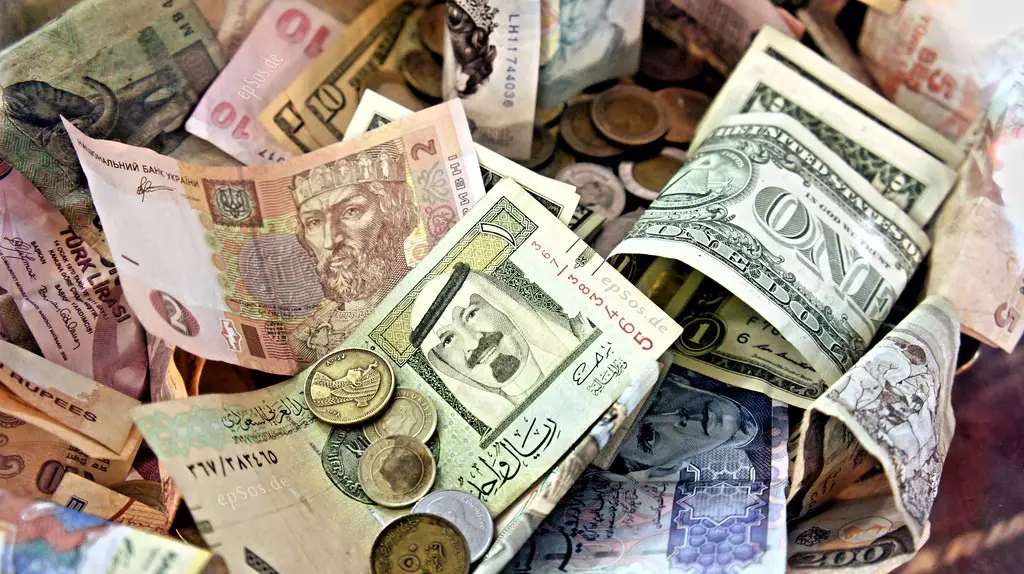 The foreign exchange market involves buying and selling different currencies based on whether their value will appreciate or depreciate. This exchange takes place between traders and speculators. Forex is a high-risk market that trades $5 trillion on a daily basis. This is where forex brokers come into the picture, serving traders as an intermediary to execute exchanges. Regardless of the profits or losses borne by traders, forex brokers get an opportunity to earn unrivaled commissions and fees. With that in mind, knowing how forex brokers earn their money can help you pick the appropriate broker when you’re ready to trade.
The foreign exchange market involves buying and selling different currencies based on whether their value will appreciate or depreciate. This exchange takes place between traders and speculators. Forex is a high-risk market that trades $5 trillion on a daily basis. This is where forex brokers come into the picture, serving traders as an intermediary to execute exchanges. Regardless of the profits or losses borne by traders, forex brokers get an opportunity to earn unrivaled commissions and fees. With that in mind, knowing how forex brokers earn their money can help you pick the appropriate broker when you’re ready to trade.
Role of the Forex Broker
A forex broker plays his part by buying or selling currencies and executing trades. Forex brokers generally work on the OTC (over-the-counter) market. This market doesn’t take on the same regulations as other financial trades; hence, the forex broker isn’t beholden to the many rules that administer securities exchanges. Also, due to the absence of centralized clearing mechanism in OTC markets, it’s important to be vigilant in ensuring that your counterparty will not default. One of the best ways to do this is to scrutinize the counterparty and their capitalization before moving ahead.
Forex Broker Fees
Forex brokers make money by charging a commission on executed buy or sell orders. They also earn by charging the balance between the bid and ask prices for the trade — this is called a “spread.” The bid price is what you get after offering a currency, while the ask price is what you are supposed to pay for purchasing a currency. Sometimes brokers charge both a spread and a commission on a trade. There are forex brokers who may claim to work via commission-free trades; however, the truth is, they usually earn a commission by simply broadening the spread on a trade. Brokers can also set different spreads for selling and buying the same currency.
Dangers of Forex Trading
Trading on margin is also possible by depositing a small sum as a margin prerequisite. However, this poses a threat to both the broker and the trader. For instance, in January 2015 the Swiss National Bank quit supporting the euro, which caused the Swiss franc to sharply appreciate against it. Traders stuck on the opposite side of this exchange were faced with margin calls that they were unable to fill; that, in turn, forced many brokers into bankruptcy.
The Bottom Line
If you’re thinking about trading in the foreign exchange market, make sure you pursue it prudently; start by checking out the best PayPal forex brokers. Many traders have lost money because they had dubious get-rich-quick plans that were supposed to provide huge guaranteed returns in this thinly-regulated market. Unfortunately, forex is a market where every broker goes about his own pricing method — making it imperative that forex traders perform their due diligence before making any commitments.
Photo Credit: Jeff

What’s the evidence that “due diligence” significantly reduces risk?
That picture of different world currencies made me smile – noticed one currency I use to deal with for a long time.
p.s. and it’s not a USD.
Very informative post. Thanks.
I love reading through a post that can make people think. Also, thank you for permitting me to comment!
You’re welcome. Anytime.